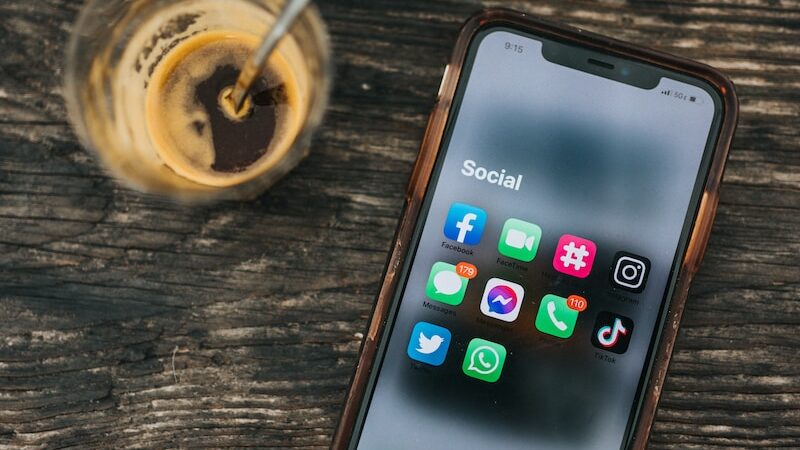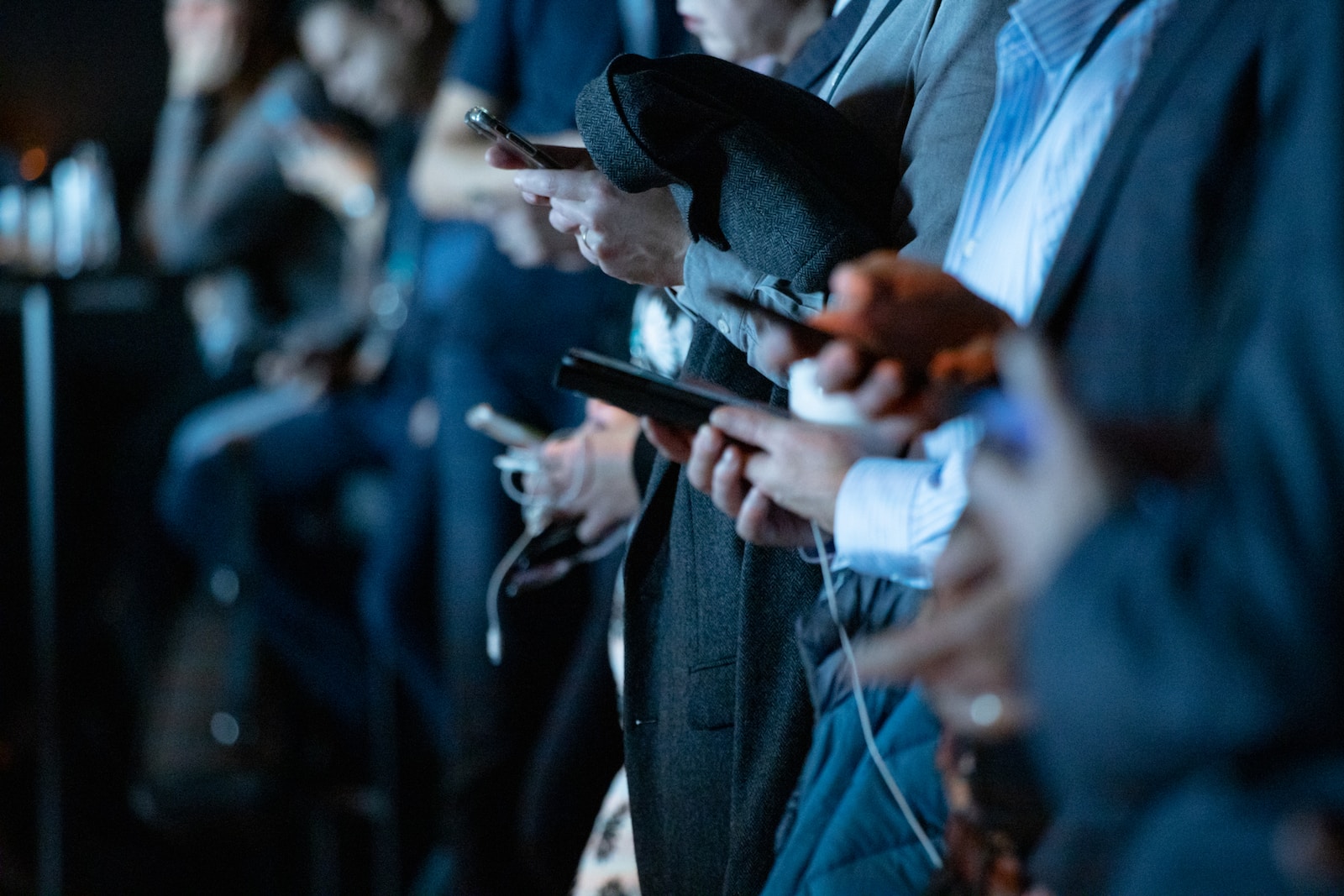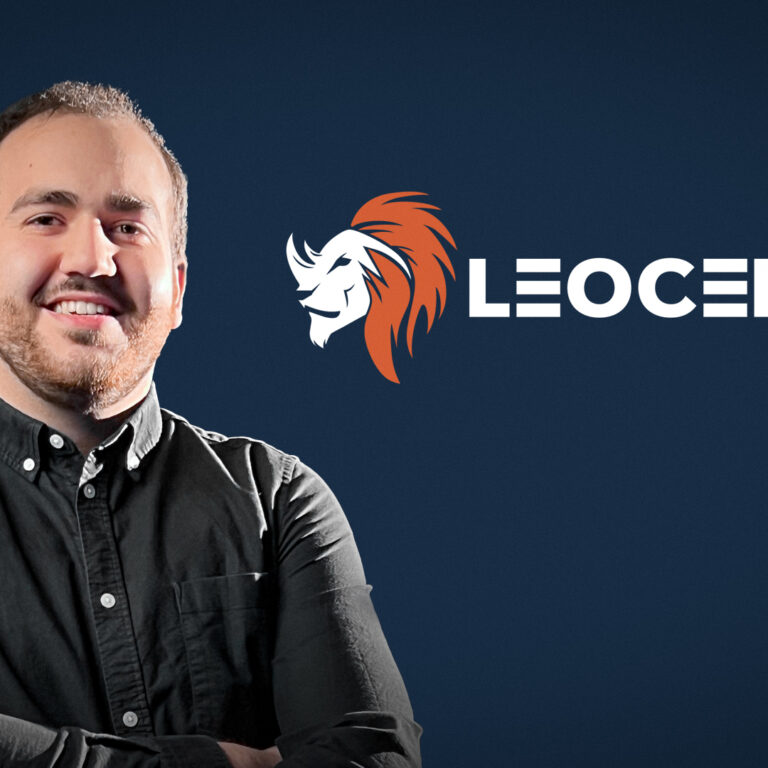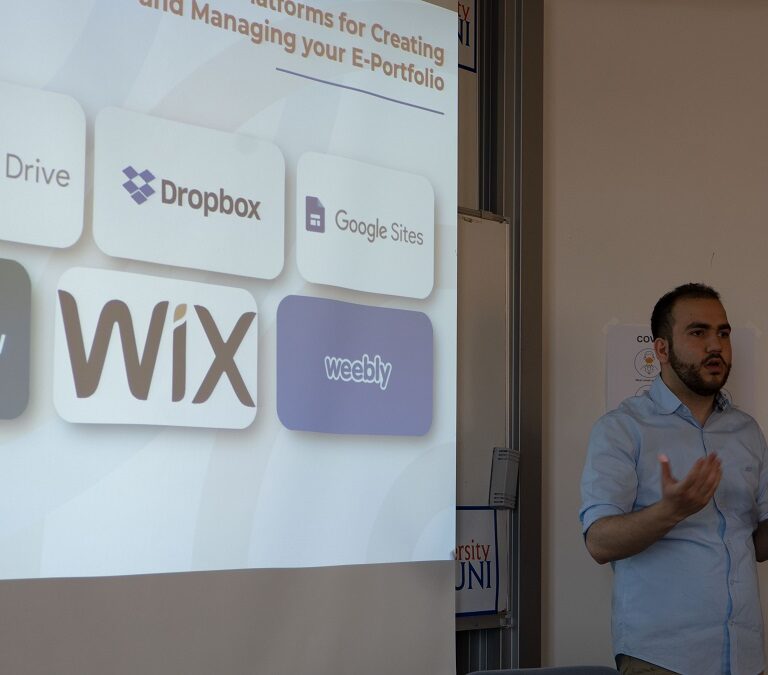Navigating the Digital Maze – Social Media, Psychology, and Mental Health
Social media has become an essential part of our daily life in the digital age. We receive notifications when we wake up, browse feeds during lunch breaks, and even use them to remain in touch with loved ones. Social media’s appeal, meanwhile, extends beyond simple connectivity and touches on complex aspects of human nature.
In this article, we will unravel the fascinating world of social media psychology, exploring its effects on our mental health and well-being.

The Dopamine Rush
The power of social media psychology to trigger the release of dopamine, a chemical that is linked to pleasure and reward, is one of its best-known effects. Every like, remark, and share triggers the reward center in our brains, making us crave more. It’s the cause of why we constantly check our notifications or browse endlessly through our feeds.
Social Comparison Theory
Social comparison thrives on social media. Users often find themselves measuring their worth against others they encounter online. This constant comparison can give rise to envy and low self-esteem, as the carefully curated personas presented on these platforms often diverge from reality. Such discrepancies lead to inflated expectations and an unrelenting quest for validation.
Fear of Missing Out (FOMO)
In the era of social media, the Fear of Missing Out (FOMO) has become a prevalent psychological condition. Anxiety and a compulsive drive to keep connected can result from the worry that others are enjoying themselves more than we are. Even when we’d like to disconnect, the fear of missing out on social events or popular topics might keep us glued to our devices.
The Echo Chamber Effect
Social media algorithms are designed to provide us with content that is relevant to our values and interests. While this could improve user experience, it can also lead to echo chambers where we only hear from a limited range of viewpoints. This affirmation of our own opinions can lead to polarization and a distorted understanding of reality.
The Illusion of Connection
While social media fosters online connections, it can also replace genuine human interactions. The ease of online communication can paradoxically make us feel more “connected” than ever, yet increasingly isolated. Social media often lacks the depth, vulnerability, and face-to-face engagement necessary for authentic relationships.

The Addictive Nature of Scrolling
The infinite scroll feature on many social media platforms takes advantage of people’s curiosity. This layout encourages visitors to browse endlessly in seeking the next interesting article or update. This compulsive behavior can impair mental health, productivity, and sleep.
The Impact on Mental Health
Excessive social media use has been linked in studies to poor mental health outcomes like anxiety, depression, and loneliness. The pressure to maintain an online persona and ongoing exposure can have a negative impact on someone’s mental and emotional well-being.
Conclusion: Finding Balance in the Digital Age – Social Media, Mental Health, and You
Social media psychology is a complicated and multidimensional topic. Although these platforms have completely changed the way we connect and communicate, it’s important to consider how they may affect our mental and emotional health. We may navigate the digital world more deliberately by finding a balance between both online and offline connections, controlling our social media usage, and being aware of the psychological triggers at work. When utilized carefully, social media may be a vehicle for connection, self-expression, and constructive change.





